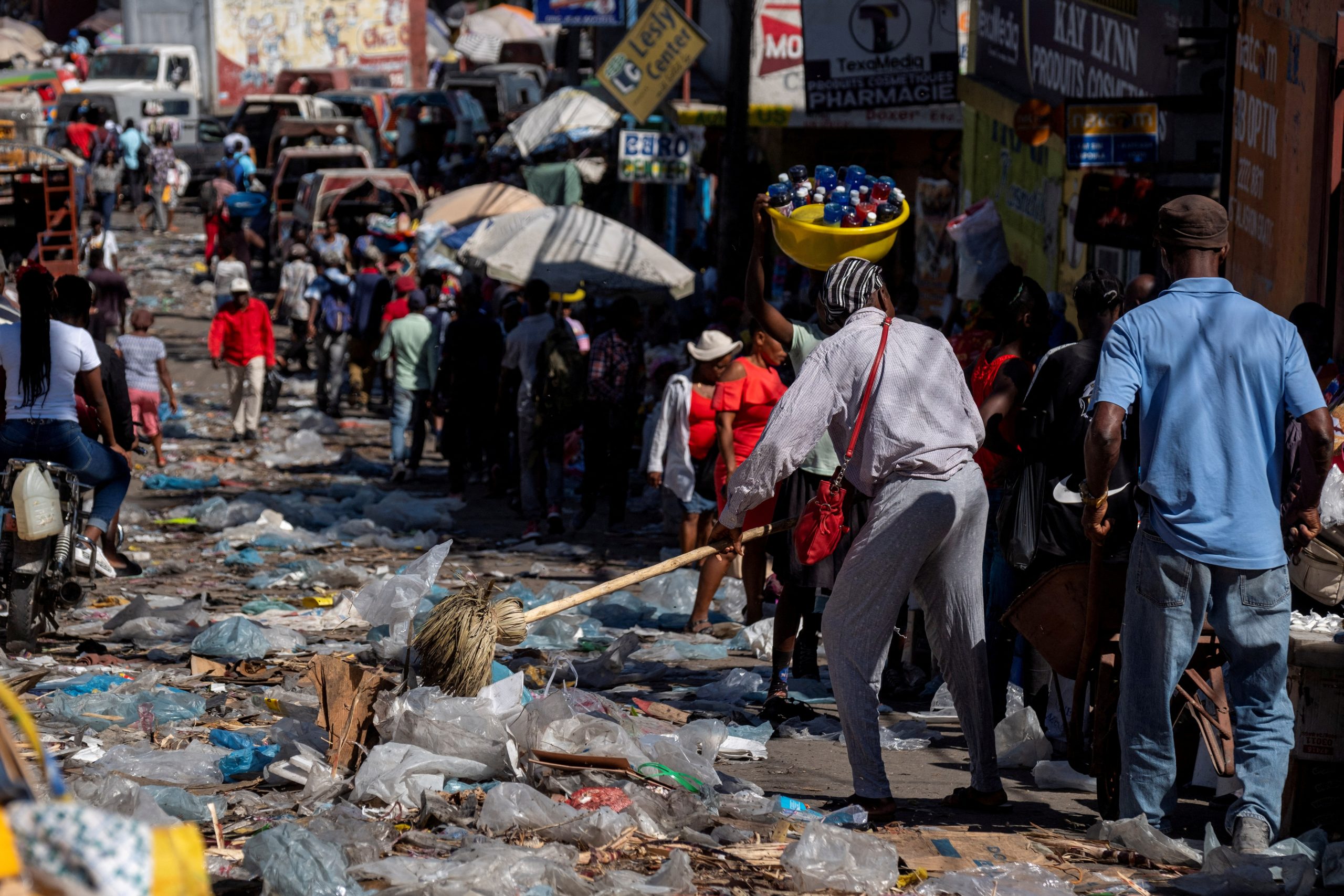
Matt Bush, FISM News
[elfsight_social_share_buttons id=”1″]
Four key suspects in the assassination of former Haitian President Jovenel Moïse appeared in a U.S. federal court in Miami yesterday to face accusations that they plotted and participated in the president’s killing.
The four suspects include Haitian-Americans James Solages, Joseph Vincent, and Christian Emmanuel Sanon along with Columbian national Germán Rivera García. All four men appeared calm during their appearance and each of them asked for a public defender, a request granted by the judge who appointed each man a different attorney.
The assassination took place 18 months ago, and in those 18 months there have been five different judges in Haiti assigned to the case and exactly zero indictments. This is not only a narrative on the disarray of the country but also speaks to the leadership of current Prime Minister Ariel Henry.
Henry was appointed by Moise just two days before his death, but was not sworn in until July 21. At the time of his swearing-in, he said,
I have the honor to address you in my capacity as prime minister, to launch a solemn appeal for national unity, for the union of our forces and for the cooperation of all to stop this race towards the abyss, to climb the slope and to protect our country from the many dangers that threaten it.
Since then, Haiti has been overrun by gangs, experienced a precipitous rise in kidnappings and killings, and suffered increasing crisis-level hunger issues throughout the population.
Henry also said, “I assure you that all light will be shed and that the culprits and their sponsors will answer for their actions before the law.”
Not only has nobody been indicted in Haiti in regard to the assassination, but there are also many in Haiti that believe Henry was involved in the plot. The Hill reported, “Investigators and a judge allege that Haitian Prime Minister Ariel Henry was involved in the July assassination of the country’s former president, Jovenel Moïse.”
In most countries, when four of the key suspects in a successful assassination are brought on charges, that country will want justice done within its own borders. In Haiti, however, as stated by the New York Times, “Government institutions have disintegrated after Mr. Moïse’s assassination, and conditions in the country have worsened in recent months.”
These four men include one, Sanon, who believed he would be installed as the next Haitian President. Two Haitians, Vincent and Solages, were allegedly two of the key masterminds of the plot. Finally, the Colombian, Germán Rivera García, was the leader of a group of 20 Colombian soldiers who entered Haiti to complete the assassination.
This was a well-orchestrated attack on a sovereign nation and the second oldest republic in the western hemisphere, but a country that can no longer police or govern itself effectively.
In recent months, Haiti has called and pleaded for foreign intervention, but so far none has come. The history of foreign military and peacekeeping intervention in Haiti is complicated just like the current state of the country.
